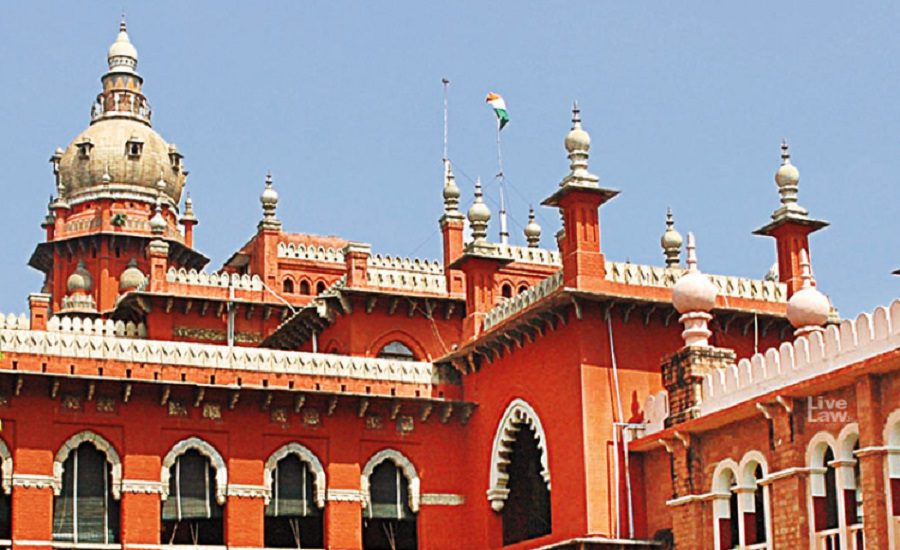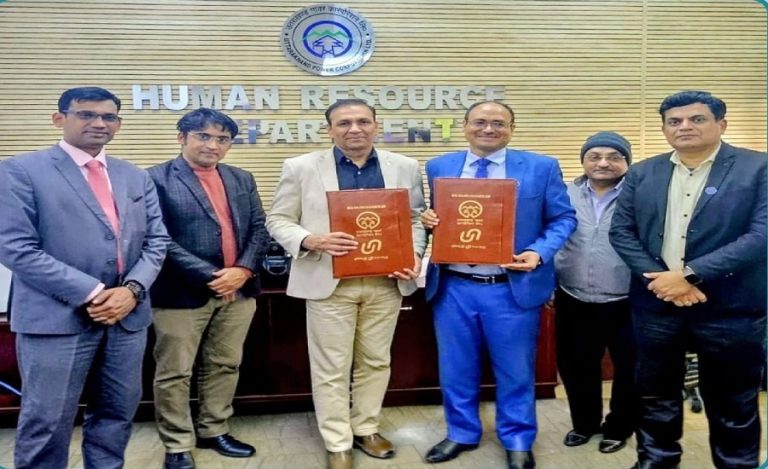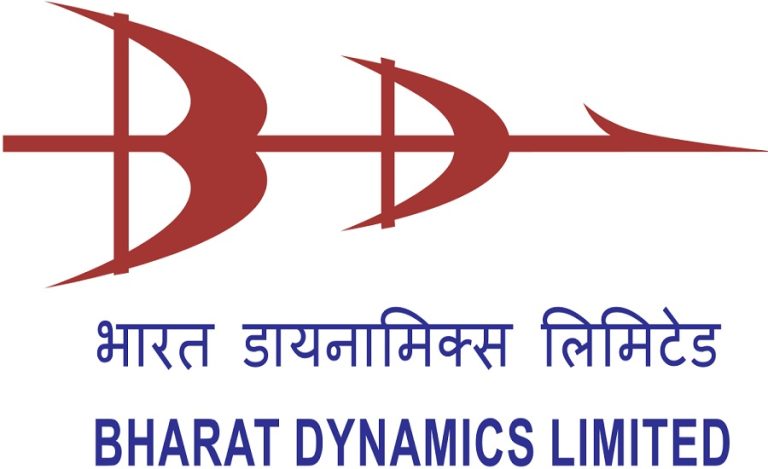Chennai: In a significant ruling, the Madras High Court on Thursday dismissed a petition filed against the ad hoc appointment of IPS officer R. Venkataraman as the Director General of Police (DGP) and Head of Police Force in Tamil Nadu. The Court held that temporary administrative arrangements are legally permissible when a vacancy arises due to superannuation, provided due process is followed in parallel.
Background of the Petition
The petition was filed by Advocate A. Varadaraj, who argued that the Tamil Nadu Government failed to adhere to Supreme Court guidelines concerning the appointment of a permanent DGP. He alleged that the appointment of R. Venkataraman on an ad hoc basis violated constitutional principles and ignored the procedural framework established by the apex court in the Prakash Singh vs. Union of India judgment (2006).
Read also: Madras High Court Slaps Rs1 Lakh Fine on Advocate for “Frivolous” PIL Against IAS Spokespersons
Court’s Ruling and Observations
A division bench comprising Chief Justice Manindra Mohan Shrivastava and Justice G. Arul Murugan dismissed the petition as premature and baseless. The Court stated that since the previous DGP had retired on August 31, 2025, the State was compelled to make interim arrangements to avoid administrative vacuum.
The bench also noted that the Supreme Court had already intervened in the matter and, on September 8, directed the Union Public Service Commission (UPSC) to expedite recommendations for the appointment of a permanent DGP in Tamil Nadu.
“Some arrangement had to be made when the previous DGP demitted office. The current petition lacks merit and was filed prematurely,” the Court observed orally during the hearing.
Key Legal Arguments by the Petitioner
- Violation of Supreme Court Guidelines: The petitioner cited the 2018 Supreme Court order reinforcing the Prakash Singh judgment, which explicitly prohibits appointment of acting or ad hoc DGPs, stating there is “no concept of an acting DGP.”
- Failure to Notify UPSC in Time: The petition alleged that the State failed to send a list of eligible officers to the UPSC at least three months prior to the expected vacancy, thereby breaching the SC-mandated process.
- Constitutional Violations: The plea further claimed that the appointment was politically motivated and violated Article 14 (Right to Equality) and Article 142 (enforcement of SC directions) of the Constitution.
Court Refrains from Imposing Penalty
Although the Court considered imposing costs on the petitioner for filing what it viewed as a frivolous Public Interest Litigation (PIL), it chose not to penalize him. However, the bench issued a stern warning, stating that it would adopt a strict approach toward misuse of PILs that waste valuable judicial time and obstruct essential governance.
Context: Prakash Singh Case Guidelines
The Supreme Court’s guidelines in the Prakash Singh case laid down a detailed procedure for the appointment of DGPs in Indian states. Key mandates include:
- States must send a panel of eligible officers to the UPSC at least three months before the DGP’s retirement.
- UPSC must recommend a panel based on merit and seniority.
- States must appoint a DGP from this panel.
- No ad hoc or acting appointments are permissible under these rules.
What’s Next?
With the UPSC process now underway, a permanent appointment is expected soon, likely in line with Supreme Court directives. Meanwhile, R. Venkataraman will continue as the ad hoc DGP, maintaining administrative continuity in the state’s police leadership.
Read also: TN DGP Appointment: Madras High Court Seeks State’s Reply on PIL Alleging SC Guidelines Violation




























